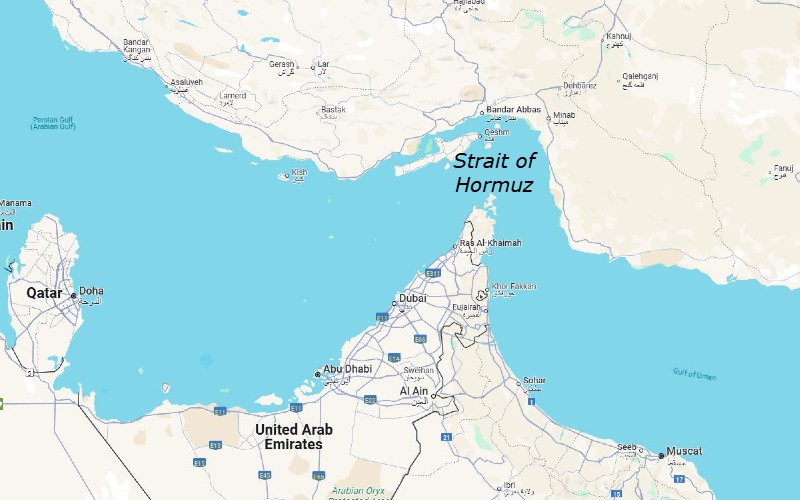Three Iranian nuclear sites were severely damaged over the weekend after U.S. forces struck in a highly coordinated attack. The U.S. used long-range cruise missiles launched from submarines to take out some of the targets, while U.S. Air Force B-2 Stealth bombers swooped into Iran, apparently undetected, and dropped more than a dozen 30,000-pound "bunker busters" to obliterate the primary target at Fordow, where the Iranians had constructed a nuclear enrichment site several hundred feet underground.
Following the Sunday attack, the regime in Tehran vowed to strike back – and on Monday they launched attacks on U.S. bases in Qatar and Iraq. The U.S. described its attack on the Fordow and Natanz enrichment facilities, as well as the Isfahan nuclear site, as a "one-off" to take out Iran's nuclear program. But Trump has warned of additional strikes if Tehran retaliates.
Rev. Derek Jones is a retired Air Force fighter pilot who now serves as executive director of the Chaplain Alliance for Religious Liberty. He doesn't believe the radical Iranian regime is going to give up much, to its own peril.

"Pride precedes the fall. I think the leaders in Iran … are trying to save face," he tells AFN. "They're trying to shoot stuff back, but they're bombing indiscriminately – and that's just going to continue to irritate the Israelis. I promise you, we know exactly where every one of their leaders are."
Surprise … politicians lie
Meanwhile, national defense analyst Robert Maginnis tells AFN he questions the justification for the U.S. attack on the Iranian nuclear facilities.

"Last week, the [White House] press secretary said that Iran was weeks away from the atomic bomb – and that was a lie, as far as I'm concerned," he states. "Politicians often lie. When the Bush administration was about to go into Iraq, I was talking with the Secretary of Defense, the chairman of Joint Chiefs and other political people … and they lied to my face."
The result was disastrous, Maginnis recalls. "We ended up wasting 4,400 lives with tens of thousands wounded and [to date] about $3 trillion. So, I am skeptical. I do not believe that Iran was truly on the near path – 'two weeks' – to a nuclear weapon."
And while Maginnis believes regime change must take place in Iran, he says he hasn't seen any plan for that. Jones contends a regime change will be forced upon Iran if it doesn't stop retaliating.
"The IDF and the United States, in parallel and in tandem, could probably annihilate the whole of Iran's ability to wage war in literally days," Jones concludes.
Maginnis is author of a dozen books, including his latest: "Preparing for World War III."







